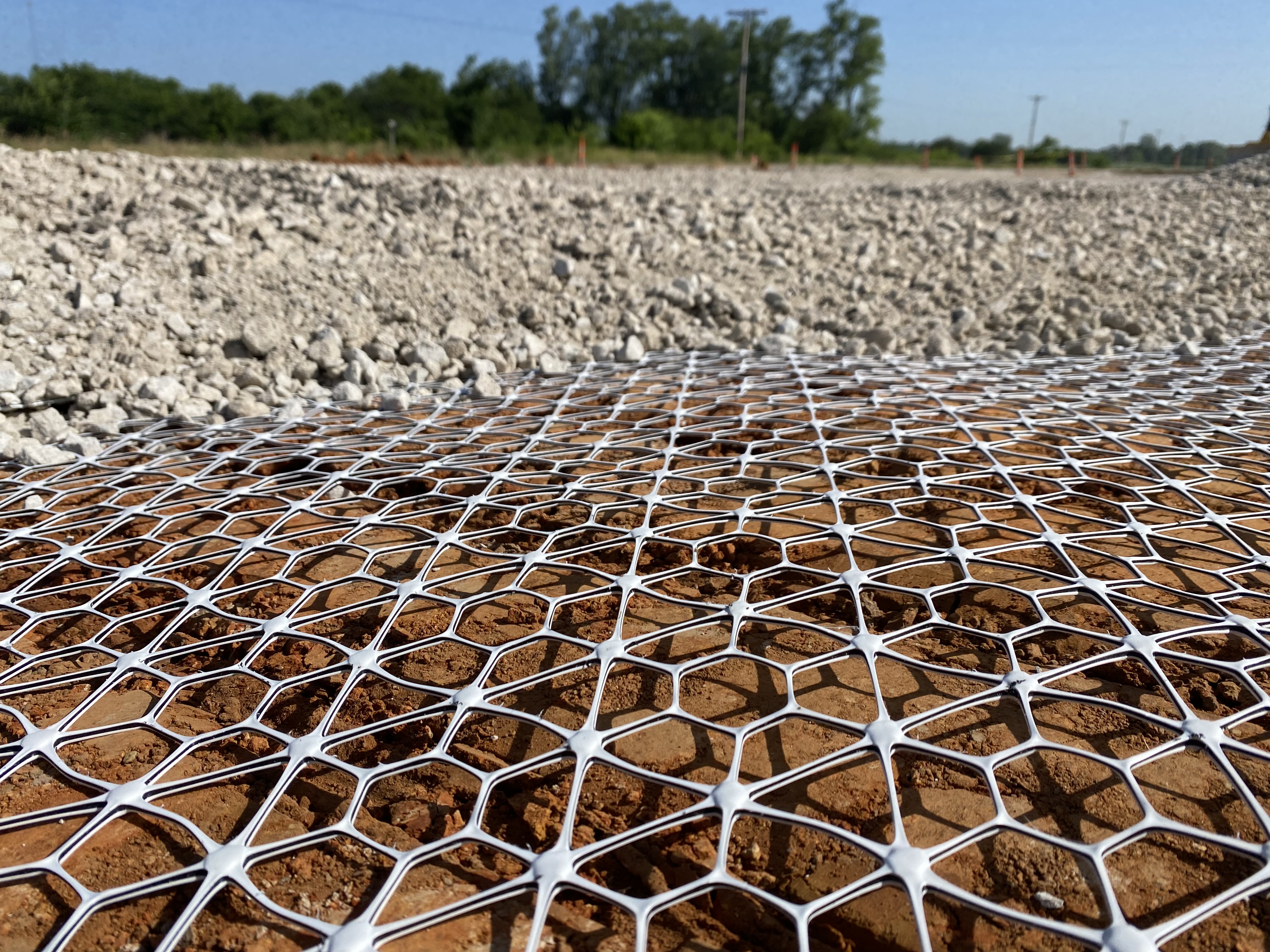Easing Liability Concerns in Solar Farm Development
by Rodrigo Valencia, on June 25, 2024
 Compliance with environmental protection requirements is essential, especially when solar field developers begin to consider the implications of the soils they build on and how their actions could negatively impact neighboring farms and the community as a whole. For example, solar developments built on farmlands often contain soils unstable for construction. When bad, unstable soils are encountered, builders may use chemical treatments like lime or cement to harden or stabilize the subgrade. Chemical stabilization is known to alter water pH for adjacent farms, opening developers up to liability issues.
Compliance with environmental protection requirements is essential, especially when solar field developers begin to consider the implications of the soils they build on and how their actions could negatively impact neighboring farms and the community as a whole. For example, solar developments built on farmlands often contain soils unstable for construction. When bad, unstable soils are encountered, builders may use chemical treatments like lime or cement to harden or stabilize the subgrade. Chemical stabilization is known to alter water pH for adjacent farms, opening developers up to liability issues.
Liability concerns don’t stop after construction is complete. Solar panels and access roads create impermeable surfaces that can cause sediment to run if proper stormwater controls aren’t put in place. Sediment in waterways can harm aquatic life and damage ecosystems. This can also negatively impact the water cycle and quality, even affecting neighboring agricultural farms and communities. That’s why proper planning and effective stormwater management are crucial to prevent erosion, water contamination, and other environmental issues associated with solar projects.
 One proven way solar field developers can reduce the impacts from stormwater runoff is with mechanical soil stabilization using geogrid. Tensar InterAx products are the most advanced geogrids designed to reduce aggregate and enhance performance over poor soils.
One proven way solar field developers can reduce the impacts from stormwater runoff is with mechanical soil stabilization using geogrid. Tensar InterAx products are the most advanced geogrids designed to reduce aggregate and enhance performance over poor soils.Benefits Include:
- Eliminating construction uncertainties
- Reducing aggregate up to 70%
- Lowering construction costs up to 50%
- Faster construction
- Consistent performance
- Reduce carbon footprint
Also, access roads stabilized with Tensar geogrid have less rutting, improve bearing capacity and increase traffic capacity. This means that owners can count on reduced solar farm maintenance costs and keep ground operations running smoothly.



